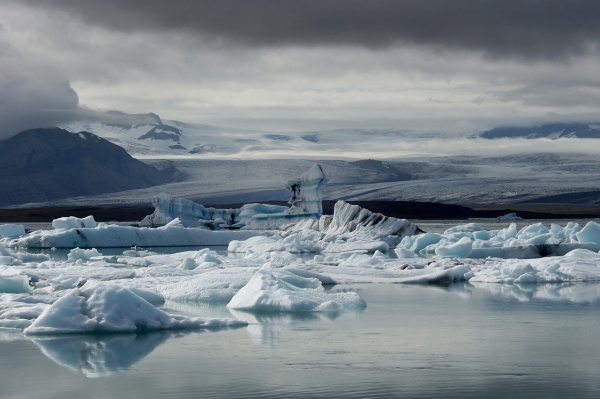
Melting Arctic glaciers are in rapid recession, and microscopic organisms colonise the newly exposed landscapes. Dr. James Bradley, Honorary Reader in Arctic Biogeochemistry in the School of Biological and Behavioural Sciences at Queen Mary University of London, and his team, have revealed that yeasts play an important role in soil formation in the Arctic after glaciers have melted away.
>> Read the Full Article

 ENN
Environmental News Network -- Know Your Environment
ENN
Environmental News Network -- Know Your Environment